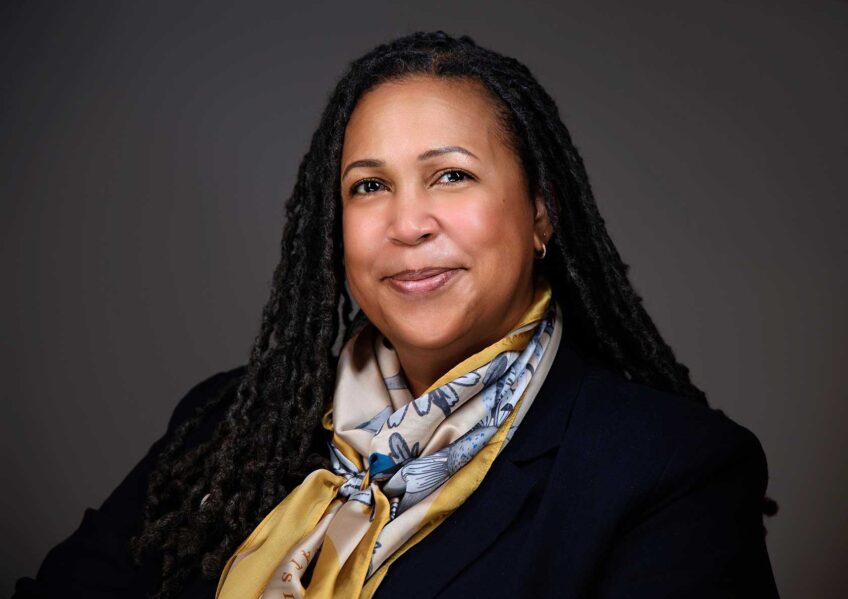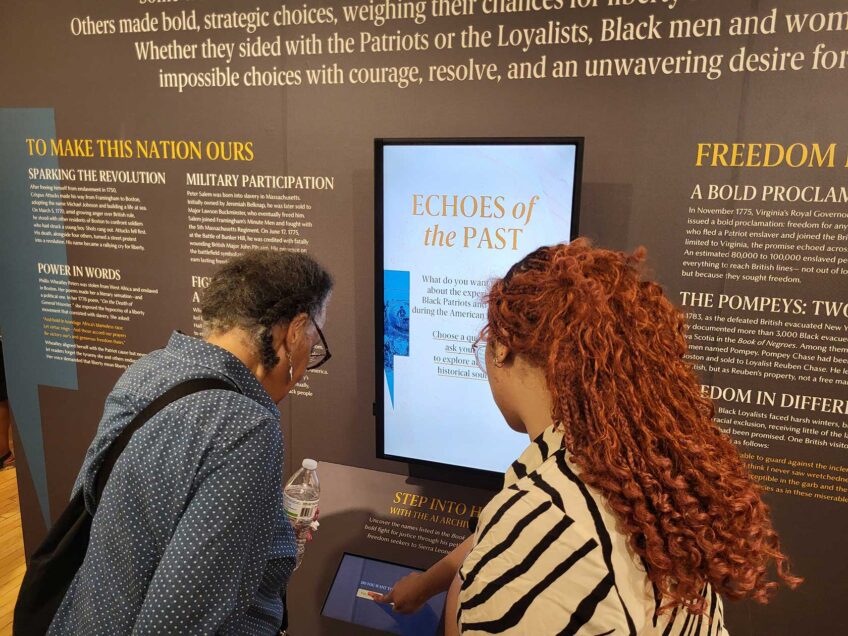So it’s Nov. 5 and Beacon Hill leaders awaken to find that despite their best efforts, voters have gone ahead and killed the state income tax.
What now?
Political officials, business and union leaders, and community organizers are so fixed on defeating Question 1, few are talking about what they’ll do if voters eliminate 40 percent of Massachusetts revenues.
The options include everything from eviscerating the budget to dramatically hiking other taxes to simply ignoring voters by repealing or altering the new law — a politically risky move, but far from unprecedented in Massachusetts.
Top political leaders won’t even discuss a “Plan B” strategy.
“Can we wait for the vote? Let’s wait for the vote,” Gov. Deval Patrick said last week when asked about a contingency plan. “I’m counting on the people of Massachusetts to see it for what it is and vote it down.”
House Speaker Salvatore F. DiMasi was equally circumspect.
“We’re going to address that as soon as we find out what the result is. We may not have to do that because Question 1 may not pass,” DiMasi told The Associated Press last week.
DiMasi also stepped back from a comment to The MetroWest Daily News that he would find himself “hard-pressed to say that I would try to completely implement an elimination of the income tax.”
DiMasi said he was only trying to point out the difficulty of such a massive cut.
“I said it would be extremely difficult to implement because it would be very difficult to implement a budget where we would have a 40 percent reduction,” he said.
Even Beacon Hill Republicans, who routinely argue for tax cuts, say they find it difficult to support the elimination of the income tax.
Republican House leader Brad Jones joked he would “pray for divine intervention” if the question passed and said lawmakers would have to make “a good-faith attempt to come as close to what [voters] want as possible.”
“I certainly hope that if it does pass, that the first thing the Legislature does is to look at a long list of reforms,” Jones said.
Others were more explicit.
Rick Lord, president of the business group Associated Industries of Massachusetts, said the cuts would be so catastrophic that lawmakers would have to overturn the question, if it’s approved by voters.
Supporters of the question, which would eliminate the state income tax over two years, say lawmakers would risk the wrath of voters if they try to overturn or alter Question 1 if it passes.
“Voters will be expecting a 50 percent cut in their income taxes Jan. 1,” said Carla Howell of the Committee for Small Government. “Any legislator who stands in their way will be the Grinch that stole Christmas.”
If lawmakers balk at following the will of voters, it wouldn’t be the first time.
Republican Gov. Paul Cellucci — frustrated by unsuccessful efforts to lower the income tax — pushed for a ballot question in 2000 to cut the state income tax rate, then 5.75 percent, down to 5 percent over three years.
The question was overwhelmingly approved by voters. But after the state’s economy tanked in 2001-2002, lawmakers decided to freeze the rate at 5.3 percent.
In 1998, voters approved a Clean Elections law to provide public campaign dollars for candidates who agree to limit the amount of money they raise and spend on campaigns.
Lawmakers, led by then-House Speaker Thomas Finneran, refused to fund the law. Supporters appealed to the state’s highest court and won a ruling allowing them to auction off public property to pay candidates who had qualified for funds.
To stop the auctions, the Legislature agreed to fund the law for one year and put a nonbinding question back on the ballot. The wording of the second question — “Do you support taxpayer money being used to fund political campaigns for public office in the Commonwealth of Massachusetts?” — virtually guaranteed it would be rejected. Lawmakers then killed it in 2003.
In the end, lawmakers are hoping they’ll be spared messy choices, and there are indications voters may not want to eliminate the income tax.
In a poll released last Thursday by Suffolk University and WHDH-TV, 59 percent of voters said they oppose the elimination of the state income tax, while 26 percent said they support it and 16 percent were undecided.
The poll also found voters bracing for higher taxes, with 59 percent saying they thought the state would have to raise taxes to deal with fiscal problems, 28 percent saying no and 12 percent undecided.
The poll of 400 registered voters was conducted Oct. 20 through Oct. 22 and has a margin of error of plus or minus 5 percent.
(Associated Press)






